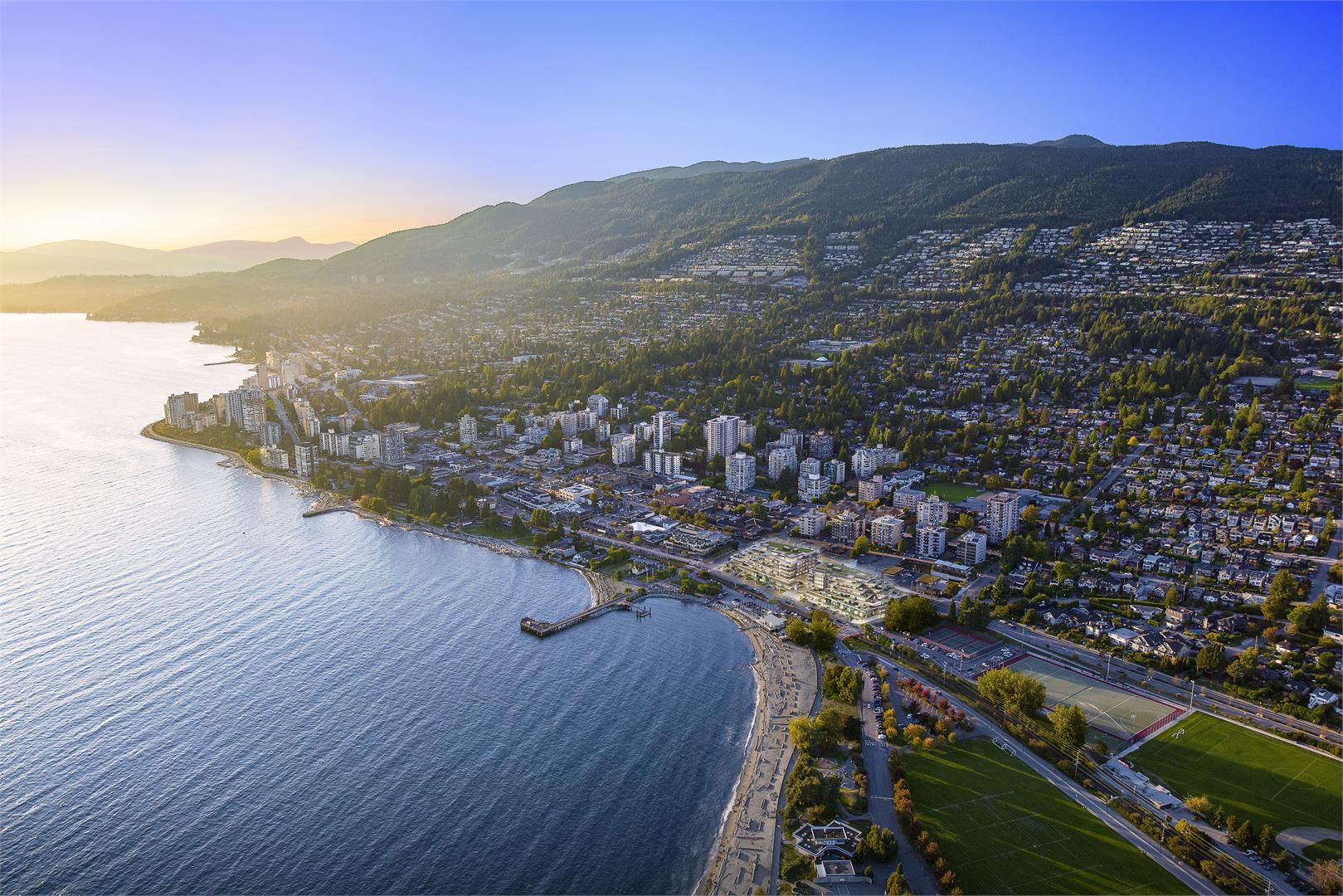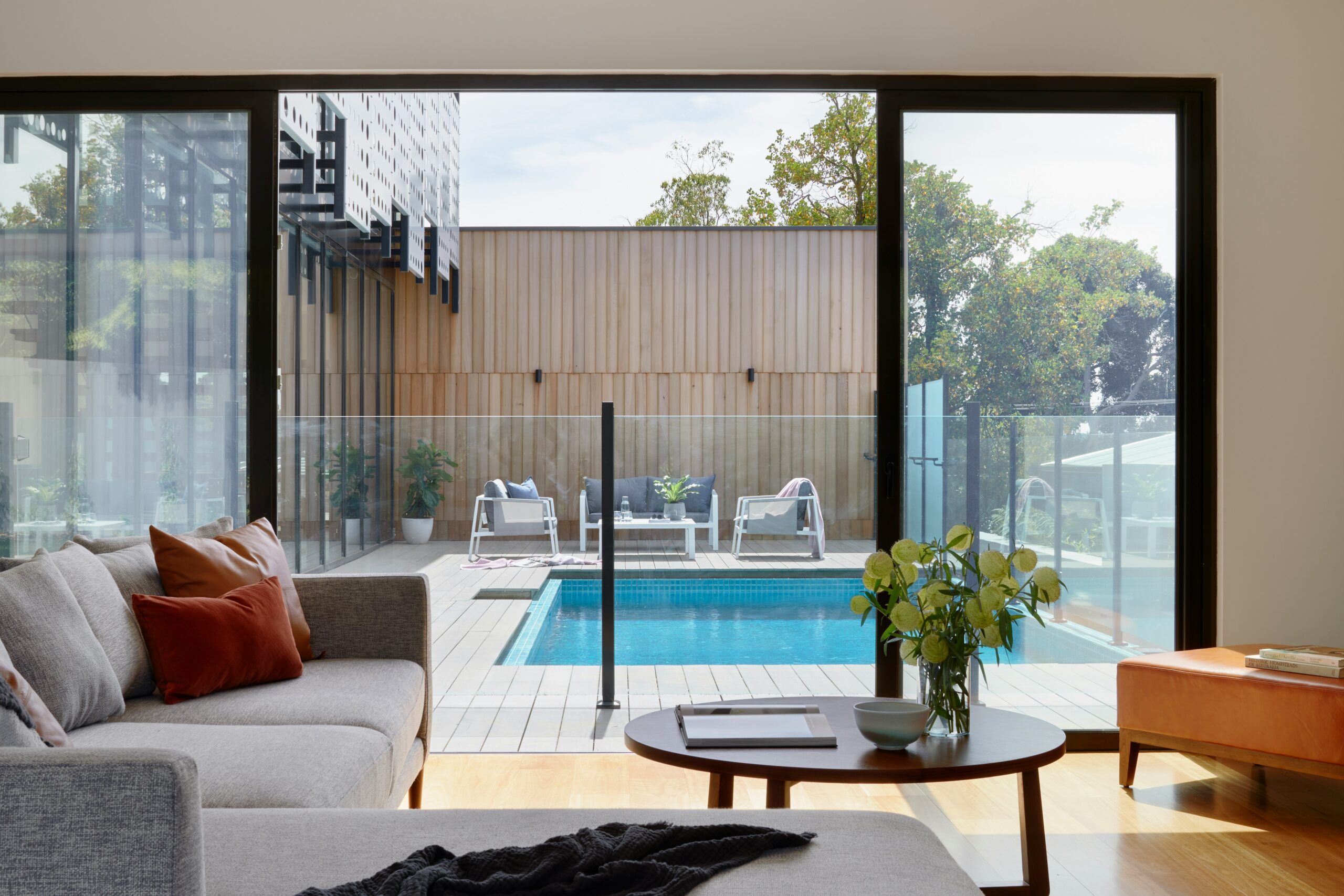For anyone interested in the Vancouver real estate market, it’s essential to understand how the city’s zoning laws may influence your choices. These regulations significantly shape development trends, impact property values, and dictate investment opportunities and housing availability. Staying informed about these laws can help you make smarter decisions in your real estate journey.
So What Are Zoning Laws?
Zoning laws are local regulations that specify how land can be used in various areas. In Vancouver, these laws are outlined in the Vancouver Zoning and Development Bylaw, categorizing land into zones with specific permitted uses and development standards.
Key Types of Zones in Vancouver
1) Residential Zones: Designated for housing, including single-family homes and multi-family units
2) Commercial Zones: Reserved for business activities like retail and offices 3) Industrial Zones: For manufacturing and industrial activities
4) Mixed-Use Zones: Encourage a blend of residential and commercial uses. Recent Changes to Zoning Laws
1) Increased Density for Affordable Housing
One of the most notable recent changes is the city’s initiative to increase density in specific neighborhoods to address the affordable housing crisis. For example, the “Missing Middle” policy, introduced in 2022, allows for more multi-family dwellings—such as duplexes, triplexes, and townhomes—in traditionally single-family zones. This change aims to diversify housing options and make homeownership more accessible.
For Example: Areas like Kitsilano and Mount Pleasant have seen applications for redevelopment that include adding multiple units where only single-family homes were previously allowed. This policy not only addresses housing shortages but also integrates more families into established communities.
2) Zoning for Laneway Housing
Vancouver has also expanded its laneway housing program, allowing homeowners to build small, self-contained units in their backyards. The Laneway Housing Pilot Program has evolved, making it easier to obtain permits and increasing the allowable size of these units.
For Example: In neighborhoods like East Vancouver, many homeowners are taking advantage of this zoning change to create rental units, thereby generating income and providing additional housing options. This has become a viable solution for both homeowners and renters in a tight market.
3) Relaxation of Regulations for Secondary Suites
In response to housing demand, the city has relaxed regulations around secondary suites, allowing homeowners to convert basements or garages into rental units more easily. This change helps increase the rental supply without requiring significant new construction.
Example: The West End has seen a rise in homes converting their basements into legal suites, allowing homeowners to contribute to the rental market while also increasing their property value.
4) Sustainable Development Initiatives
Vancouver is also pushing for sustainability through its zoning laws. New developments are encouraged to incorporate green building practices. The **Green Building Policy for Rezonings** mandates that new residential developments meet specific environmental standards.
For Example: Recent projects like The Creek at River District have embraced these guidelines, featuring energy-efficient systems and communal green spaces, setting a precedent for future developments.
Challenges and Community Concerns
While these changes aim to alleviate housing shortages, they often generate community pushback. Residents in established neighborhoods may resist increased density due to concerns about traffic, loss of green space, and changes to neighborhood character. Balancing the need for development with community interests remains a complex challenge for city planners.
Public Engagement
The city has been proactive in seeking community input during the zoning amendment process. Public consultations and forums allow residents to voice their concerns and preferences, fostering a more collaborative approach to urban planning.
Conclusion
Vancouver’s evolving zoning laws significantly impact the real estate market. Staying informed about these changes is crucial for making strategic decisions regarding buying, selling, or investing in property. Whether you’re a homeowner looking to maximize your property’s potential or an investor seeking new opportunities, understanding zoning regulations will be key to navigating Vancouver’s dynamic real estate landscape. If you have questions or need assistance navigating these regulations, feel free to reach out. I’m here to help!
Cassie Kang
(778) 994 3206



